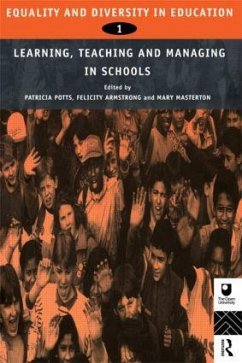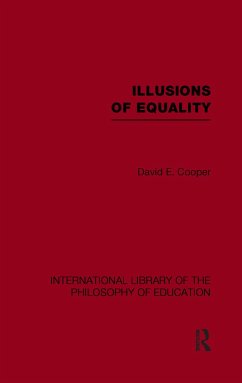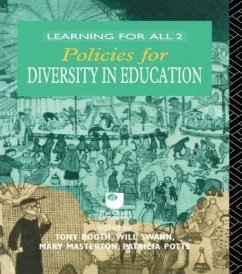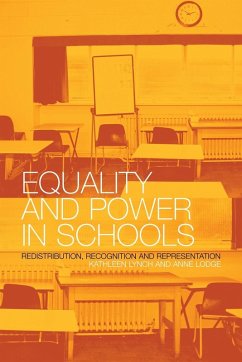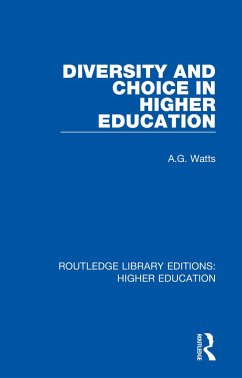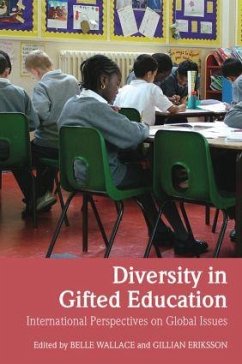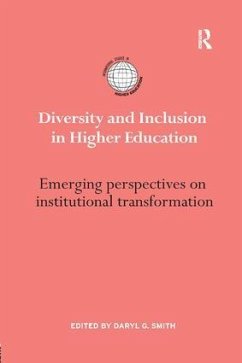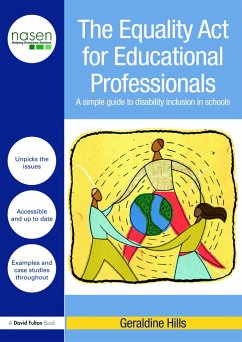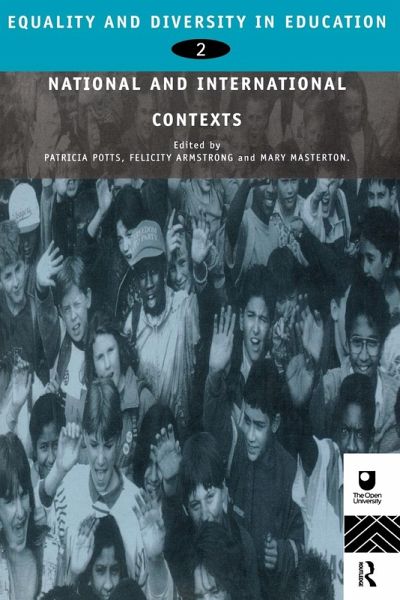
Equality and Diversity in Education 2
National and International Contexts for Practice and Research
Herausgeber: Armstrong, Felicity; Potts, Patricia; Masterton, Mary

PAYBACK Punkte
32 °P sammeln!
Like the first reader, this collection examines the grounds which are accepted for inclusion or exclusion of students, and looks at how appropriate support can be guaranteed for people who experience difficulties in learning, who are disabled or who experience social or other kinds of disability. This volume explores national and international contexts for educational practice and research and discusses practical, ethical and political issues which are relevant to undertaking that research. Part one covers issues facing local government and the consumers of educational services in the UK. Part...
Like the first reader, this collection examines the grounds which are accepted for inclusion or exclusion of students, and looks at how appropriate support can be guaranteed for people who experience difficulties in learning, who are disabled or who experience social or other kinds of disability. This volume explores national and international contexts for educational practice and research and discusses practical, ethical and political issues which are relevant to undertaking that research. Part one covers issues facing local government and the consumers of educational services in the UK. Part two compares policy and practice in eleven different countries and part 3 discusses research which explores the issues of equality and diversity in education. This volume and her sister, Equality and Diversity in Education 1: Learning, Teaching and Managing in Schools are reraders for the Open University course, "Developing Inclusive Curricula: Equality and Diversity in Education" (E829). The two books in the series will appeal to teachers, non-teaching assistants and other school-based staff,parents,disabled people and those who have experienced difficulties in learning,social and health workers, and those working for voluntary organisations.





